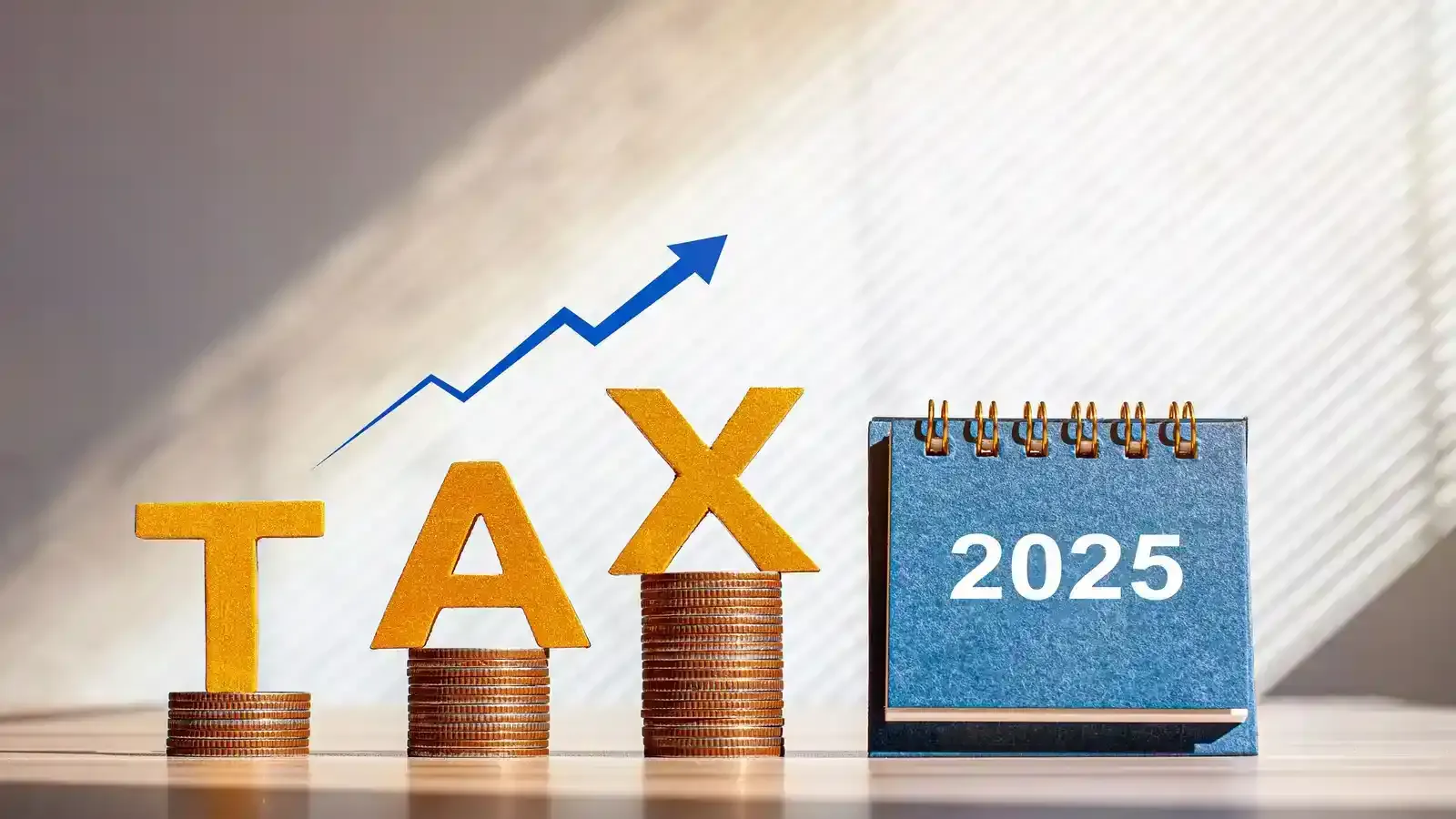Long-Term Capital Gain on Shares: Everything You Need to Know
Written by Mariyam Sara
Published on October 09, 2025 | 3 min read

When you sell shares on the stock market, you have to pay tax on the profit earned. There are two types of taxes based on the time period. Long-term capital gains and short-term capital gains. When you hold your shares for more than 12 months and then sell them, long-term capital gain tax will be levied.
In this blog, you will learn in detail about the long-term capital gain tax levied on shares, how it's calculated, and the exemptions provided.
LTCG on shares
According to Section 112A of the Income Tax Act, long-term capital gain tax applies to gains earned from listed equity shares, equity-oriented mutual fund units, and business trust units held for more than 12 months.
The LTCG on shares is taxed at 12.5% with the exemption of ₹1,25,000.
Features of LTCG
To qualify for the LTCG tax exemptions, the following requirements should be met.
Securities Transaction Tax
Securities Transaction tax (STT) should be paid on the purchase and sale of equity shares.
STT on Equity-Oriented Mutual Funds
In case of equity-oriented mutual fund units or business trust units, STT has to be paid only on the sale of units.
Held for More Than 12 months
The securities should be held for more than 12 months to qualify as long-term capital assets.
The grandfathering clause of Section 112A
Long-term capital gain on shares was taxable from 2018 onwards, hence, the ‘Grandfathering’ Clause of Section 112A protects your capital gain earned before 31st January 2018 from taxation. In the case of listed equity shares, equity-oriented mutual fund units, and business trust units, the cost of acquisition is the actual purchase price or the fair market value of the shares, whichever is higher.
Let’s understand this with an example,
Suppose you bought 100 shares worth ₹10,00,000 in 2017. By 31st January 2018, the value of shares increased to ₹11,10,000. This gain of ₹1,10,000 will not be taxed at all. But if you continue to hold the shares, and the value of your shares increases to ₹12,25,000. You will get an exception of ₹1,25,000. So you will have to pay 12.5% tax on the profit of ₹1,00,000 (Initial purchase price of ₹10,00,000 - Selling price of ₹12,25,000). In this example, STT and brokerage were not considered.
Exemption in LTCG on shares
Long-term capital gains (LTCG) on equity shares, equity-oriented mutual funds, and business trust units give an exemption of ₹1,25,000 on capital gains. This exemption is deducted from the total amount of profit made on shares sold. The amount exceeding ₹1,25,000 will be taxed at 12.5%.
Set off long-term capital gains against long-term capital losses
When you sell your equity shares, equity-oriented mutual fund units, and business trust units at a loss, I.e, at a lower value than the purchase price, it comes under ‘Long-term capital loss’.
Only long-term capital gain can be set off against long-term capital loss. If you make a profit on the sale of certain shares and a loss on others, you can set off the profit against the loss incurred.
Frequently Asked Questions
What is the tax applicable to long-term capital gains on shares?
A tax of 12.5% is applicable on a capital gain of more than ₹1,25,000.
What is the grandfathering Clause of Section 122A?
As per the grandfathering law, the capital gain on equity and equity-related instruments is non-taxable if they were bought before 31st January, 2018. The long-term capital gains earned after 31st January 2018 are taxable as per the Income Tax Act.
Long Term Capital Tax is only applicable on the shares sold after 12 months, if you sell your shares within 12 months then Short Term Capital Gain is levied. To continue learning about complex concepts related to investing, sign up on UpLearn by Upstox today!
About Author
Mariyam Sara
Sub-Editor
holds an MBA in Finance and is a true Finance Fanatic. She writes extensively on all things finance whether it’s stock trading, personal finance, or insurance, chances are she’s covered it. When she’s not writing, she’s busy pursuing NISM certifications, experimenting with new baking recipes.
Read more from MariyamUpstox is a leading Indian financial services company that offers online trading and investment services in stocks, commodities, currencies, mutual funds, and more. Founded in 2009 and headquartered in Mumbai, Upstox is backed by prominent investors including Ratan Tata, Tiger Global, and Kalaari Capital. It operates under RKSV Securities and is registered with SEBI, NSE, BSE, and other regulatory bodies, ensuring secure and compliant trading experiences.

























